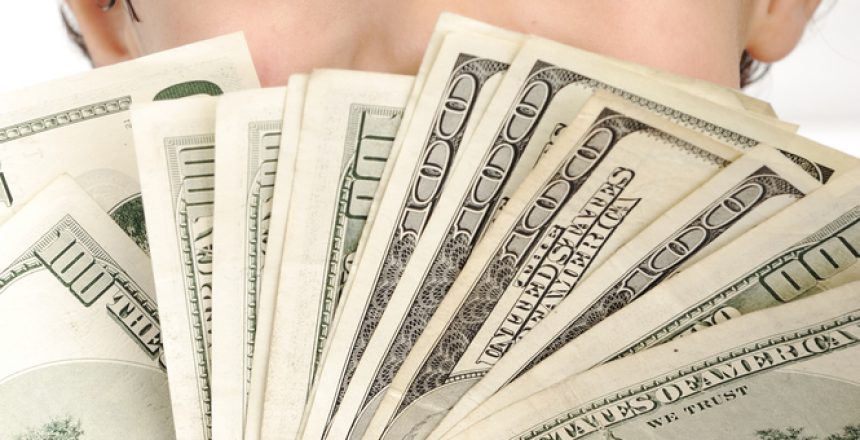My son is seven years old and thinks it is super cool to pretend to “make it rain” with his hands and imitate stacks of money flying in the air. My first reaction is to cringe and wish he didn’t think it was cool. Sometimes I hear him say things like, “If I had a million dollars I would buy every Sonic the Hedgehog toy in the world.” Another cringe. I’m like a broken record with my children and feel like I am constantly telling them that money doesn’t buy happiness. But I am a hypocrite.
I love what I do, but I do think about the monetary value of each hour that I work and what that can buy me. For example, my daughter needed new glasses that cost about $400 with her prescription. That is ~ 2 hours of client work. So, when I finish some work for a client I think, “Great, that paid for her glasses.”
Our move to France was largely since we could work less and live a nice lifestyle because the cost of living is so much lower here. There is that connection again—happiness and money.
Here are some things that I am doing to help my children and myself understand the relationship between happiness and money.
Watch Your Month
As you know, your children listen to what you say (except for put your toys away and be nice to your brother). When I have kids over for playdates, I hear them say verbatim things their parents have said. It doesn’t always translate into our children’s heads like we want it to.
So, the first step is relatively easy. Pay attention to what you think and say. If you think to yourself that life would be better if you had a nicer car, that message will inevitably come out of your mouth in some form or another.
Be A Role Model
It is very easy to embrace materialism with One-click shopping, but remember, your kids are watching you. To teach them patience and help them understand what they really need versus want, we must do the same. I took my daughter shopping to get some new jeans for school since she has outgrown her other pair (which she barely ever wore by the way). On this trip she would see something she liked, look at the price and say, “It’s not worth that much” or “I don’t really need this, do I?”. It was like watching a shorter version of myself!
While I appreciate her thriftiness, it drove home that I need to be her role model in both not consuming for the sake of consuming, but also being okay with spending money on what you value most.
Understand You
Our children learn from us, just like we learned from our parents. My thriftiness comes from my father. Every weekend he takes his empty Budweiser cans to recycle and get his five cents a can. He doesn’t need to do this but does. My enjoyment of nice things comes from my mom. From her I learned that I like the feeling of well-made shoes and cashmere sweaters. When I put these two traits together, it helps me understand my behavior and make sure that my actions are aligned with who I really am.
The message I would like to convey to my children is that money is a resource, and happiness is something you need to figure out for yourself. There is a connection between money and happiness, but it isn’t direct. I hope my words and actions teach them this.



